Latest Articles
Ratnaguna explains what a spiritual community is and is not, and makes a case for spiritual communities changing the world for the better.
Over three years ago, a group of friends and I came together with the aspiration of launching an online periodical — the very one you are reading now. What was on our minds? What inspired the project?
Posted in: Buddhism
In this short reflection Advayacitta looks at the importance of psychology in caring for people who are physically ill.
Posted in: Psychology
A multi-faceted exploration of Sangharakshita's understanding of the relationship between Buddhism and science, especially his attempts to contain them both within a single unifying vision of existence.
The second in a series exploring what the Buddha said about society. In this one we look in detail about how, according to the Buddha, an empire should be ruled.
In the second of a series of short reflections on his work as a clinical psychologist, Advayacitta considers the process of projection.
Posted in: Psychology
A commentary on the seven principles the Buddha gave to the Vajjika League, saying that, if followed, would prevent its decline and assure its growth and prosperity.
Advayacitta interviews Ratnaguna on the importance of individuality, especially in this moment of political polarisation, identity politics, and intolerance of views other than one's own.
Urgyen Sangharakshita explores the idea that ethical actions are not only good, but also beautiful, and so consequently, an ethical life is a beautiful life.
Posted in: Buddhism
In this, the first in a series of short reflections on his work as a clinical psychologist, Advayacitta considers the phenomenon of irrational guilt
Posted in: Psychology
An exploration of the principles of an authentic social justice movement, beginning with the need for the exercise of reason and an agreement between narrative and fact.
Advayacitta begins to explore the history of climate change politics. He investigates the cultural context within which preoccupation with global warming developed. It was a context notable for its intense fear of disasters.
When a tyrannous regime invades a peaceful country, what is the most ethical course of action for the rulers of that country? Ratnaguna reflects on the moral dilemma such a situation would present to Buddhists.
Chapter 13 of The Destructivists by William Collins, in which he explains why 'Wokeism' has become dominant in all centres of power and authority.
Posted in: Politics
Chintamani has been creating Buddhist images for Western Buddhists for 50 years. Ratnaguna asks him about his approach to this and, looking at seven of his paintings and sculptures, how his work has evolved.
Dr Ambedkar was a unique figure in world history. Buddhists seeking to promote 'Social Justice' causes have been known to cite him as a precedent. But is this justified? Vidyaruchi investigates.
Chapter 10 of The Destructivists by William Collins, in which he explains why the 'elites' - the privileged, the established, the influential, the powerful - have most to gain from the imposed Moral Infantilism of society.
Posted in: Politics
Calls for 'Social Justice' seem to be getting shriller, and the demands made in its name stranger. Vidyaruchi explains what the terms have come to mean, where the ideas underlying their current use originated, and why they are so dangerous.
Posted in: Politics
A message from the editorial board on the occasion of Apramada's second anniversary, explaining something of what motivated us to start a new online publication, and what we hope to achieve.
Posted in: Buddhism
Ratnaguna discusses the rise of offence-taking in our culture and argues that, just because someone gives offence, doesn't mean you have to take it.
An extract from Nagapriya's book The Promise of a Sacred World, in which he argues that cultivating a sense of gratitude for all we've received is transformative.
Posted in: Buddhism
The Middle Path is one of the most fundamental doctrines of Buddhism. In a particularly brilliant passage from A Survey of Buddhism, Sangharakshita identifies three 'modalities' through which it operates. Here, Vidyaruchi explores these deep ideas.
Posted in: Buddhism
In this article Advayacitta describes the process of how he came to alter his opinion about climate change.
Posted in: Science
Chapter 7 of The Destructivists by William Collins, in which he explains how supposed moral rectitude functions as a form of power.
Posted in: Politics
Another in our series Thus Have I Heard: Brief Essays on Buddhism, this one explores an apparent contradiction in the Buddha's teaching
Posted in: Buddhism
Many people, including some Buddhists, now believe that black lives are 'systematically and intentionally targeted for demise' by the police. In the second instalment of 'An Immoral Panic', Subhamati examines the evidence.
Posted in: Politics
Chapter 2 of The Destructivists by William Collins, in which he ascribes the divisions in our society to a form of moral corruption which must be countered in moral terms.
Ratnaguna interviews Advayacitta about how recognising and transcending various patterns from the past is an important aspect of psychological and spiritual development.
Prajnanandi read ‘a good heart is not enough’, and wrote to the author to say, 'I absolutely agree with the principles you outlined, but when I applied the principles, I came to the opposite conclusions. Can we talk?’
Advayacitta explores how decision making in health care has been increasingly taken away from clinicians and their patients, and replaced by authoritarian control by governments and bureaucracies.
Posted in: Politics
Ratnaguna explains what a spiritual community is and is not, and makes a case for spiritual communities changing the world for the better.
Posted in: Psychology
An exploration of the crucial twofold distinction of the Dharma into doctrine and method, as found in A Survey of Buddhism and Sangharakshita's later thought.
Posted in: Buddhism
The concluding part of the series on wise policymaking introduces the fifth principle: ‘hone your truth-seeking ability’. This far-reaching and challenging principle includes some concrete suggestions as to how policymakers can free themselves of groupthink
Another in the series Thus Have I heard, about facing danger, and how we should resist attempts from our risk averse culture to shield us from it.
Posted in: Buddhism
Policy creation is an important activity, rich with possibilities for beneficial action. But how to bring a clear head, as well as a good heart? This second part introduces two further principles of wise policymaking.
Wise policymaking is a beneficial activity for the world, and hence can be a spiritual practice for leaders of faith communities. But how to bring a wise head, as well as a loving heart?
In this second article based on his celebrated 'Eros and Beauty' talks, Subhuti examines the nature of aesthetic experience using the language of 'imagination'.
Posted in: Buddhism
An examination of Sangharakshita's teaching on the progressive trend within reality, especially as regards its implications for the doctrinal unity of the Buddhist tradition.
Posted in: Buddhism
This is the second in our series Thus Have I Heard: Brief Essays on Buddhism. We aim to keep them short enough to be read in five minutes or less. This one is 4 minutes of unadulterated Dharma.
Posted in: Buddhism
Ratnaguna and Advayacitta discuss the book ‘Despised: Why the Modern Left Loathes the Working Class’ by Paul Embery, and the important issues it raises.
Posted in: Politics
Unconscious Bias Training is a growing industry and is currently highly fashionable among corporations. But is it effective? And in actual use, how free is it from bias? Taking as his starting point the Buddhist notion of avidya, Thomas Hamilton-Shaw casts a critical eye upon UBT.
Posted in: Politics
Apramāda is now one year old. In this editorial, Ratnaguna marks the occasion by discussing why loyalty to the notion of objective truth is crucial for the health of society
Posted in: Buddhism
In this first of two articles based on his celebrated 'Eros and Beauty' talks given in 2014, Subhuti explores the pursuit of beauty as a spiritual path.
An American professor of religion and culture has recently published an article in which she accuses Apramāda of trying to 'delegitimize and derail racial justice work'. In this article Ratnaguna responds to her criticisms.
Posted in: Politics
The Buddha brought his spiritual genius to two questions: what is the root of our suffering and how can it be quenched? This short article points us to the Buddha’s discoveries and his prescribed training scheme.
Posted in: Buddhism
How should we define ‘racial equality’? Calls for equality of socio-economic outcomes between racial groups are getting louder. But how coherent are such demands? Or feasible? And what should Buddhists make of them?
Posted in: Politics
Ratnaguna finds much to admire in Devamitra's account of his diagnosis and treatment of prostate cancer. Inspiring, challenging, humorous, and thought-provoking, it's well worth reading, regardless of your health condition or religion.
Posted in: Buddhism
In this first article in a series on Sangharakshita's magnum opus, A Survey of Buddhism, Vidyaruchi offers a novel interpretation of some of the main ideas found in Chapter One of the book.
Posted in: Buddhism
Part 2 of the series Breaking Free of Tribalism and Becoming an Individual
In this second article on Buddhism and physics, Advayacitta explores an important parallel between Relativity Theory and the Buddhist doctrine of śunyata.
Posted in: Science
This is the first in a new series we're calling Thus Have I Heard: Brief Essays on Buddhism. They should be short enough to be read in five minutes or less!
Posted in: Buddhism
In this very stimulating interview Thomas Hamilton-Shaw talks about two books by David Goodhart: The Road to Somewhere and Head Hand Heart. Tom is a friend of David and was his research assistant for the second book.
Posted in: Culture
In ‘The Burning House’, a Buddhist shares his Dharma insights, promising practical resources for those moved to respond to a perceived climate emergency. This review explores the author’s depiction of the problem, and his solutions.
Posted in: Science
Vidyaruchi considers the limitations of Popper's political thought, and argues that the liberalism that he espoused needs a framework of higher values such as is found in Buddhism.
Aryajit interviews Ratnaguna on Walking with the Wind by the Civil Rights activist John Lewis. Please note, Ratnaguna said Lewis was a Republican politician, but he was actually a democrat.
Posted in: Politics
As unenlightened human beings, we all have predispositions – patterns of desire, perception and feeling – that often lead us astray and generate suffering. Whole societies can split into mutually unintelligible ‘tribes’, blind to one another’s pain or anger.
In this interview - the first in the new series Books Worth Reading - Ratnaguna interviews Jñanavaca on The Master and His Emissary by Iain McGilchrist, and finds out why he thinks it is a book well worth reading.
Posted in: Philosophy
Advayacitta, a clinical psychologist, explores how political ideologies can undermine psychological functioning, thereby harming individuals and whole societies.
Cass Sunstein argues that groups, and society, need dissenters to prevent them from making bad decisions
Posted in: Psychology
Ratnaguna asks guitarist Nick Gauntlett about his love of progressive rock music, and what it has to do with his Dharma practice. We also hear some of the music he has recorded, including a song he wrote as part of a concept album on the Buddha.
Posted in: Culture
An account of Popper's thinking on politics, including his critique of 'historicism', his demolition of Marxism, and his own theory of how to bring about social change.
Posted in: Philosophy
Ratnaguna and Advayacitta discuss aspects of Buddhism and psychological therapy - their similarities and differences. In particular they explore the topic of 'helpful conversations'.
In this, the second part of the article, Ratnaguna continues to look at instances from the ancient texts of the Buddha debating, and draws out lessons we can learn from him.
Posted in: Buddhism
In this interview Silavadin discusses the materialist view of evolution and, following the philosopher Thomas Nagel, proposes a different paradigm: that there is a cosmic predisposition to the formation of life, consciousness and value.
Posted in: Science
Maitreyabandhu is an award-winning poet, and in this illuminating interview he tells Ratnaguna about his latest volume of poetry, After Cézanne.
Posted in: Culture
The Buddha was well aware of the dangers and pitfalls of engaging in debates, and he had some interesting observations about how to conduct oneself in a discussion.
Posted in: Buddhism
In Part Two of this series, Subhamati takes a closer look at Stephen Batchelor's Tricycle article on Brexit, and asks whether it inadvertently reveals a significant weakness in the way Western Buddhists think about political matters.
Posted in: Politics
Karl Popper is arguably one of the foremost philosophers of the 20th century. Here, Vidyaruchi considers his theory of scientific method, and attempts to formulate a Buddhist response.
Posted in: Philosophy
Director and conductor of the New Hampshire Philharmonic Orchestra, and member of the Triratna Buddhist Order Sravaniya (Mark Latham), tells Ratnaguna why he thinks classical music is important.
Posted in: Culture
In this article Advayacitta begins to explore interesting parallels between two core Buddhist principles, and modern physics.
Posted in: Science
Ratnaguna interviews Advayacitta about the importance and meaning of music in general, and in particular of the chanting of mantras.
Ratnaguna discusses the vitally important questions of how can we really know anything, and how often are our opinions based on a lack of real knowledge?
Posted in: Buddhism
If you are a Buddhist, are you bound to be a Remainer? Many seem to think so, including one of Britain's best-known writers on Buddhism. But why do they take a 'tragic and prophetic' view of Brexit?
Posted in: Politics
This article is intended for you if you have come to this website as someone who is curious about Buddhism but as yet knows little about it.
Posted in: Buddhism
Ratnaguna discusses the importance of Buddhists transcending political ideologies, and developing wisdom.
Posted in: Politics
Ratnaguna interviews Advayacitta about the nature of consciousness, and how this relates to the question of rebirth.

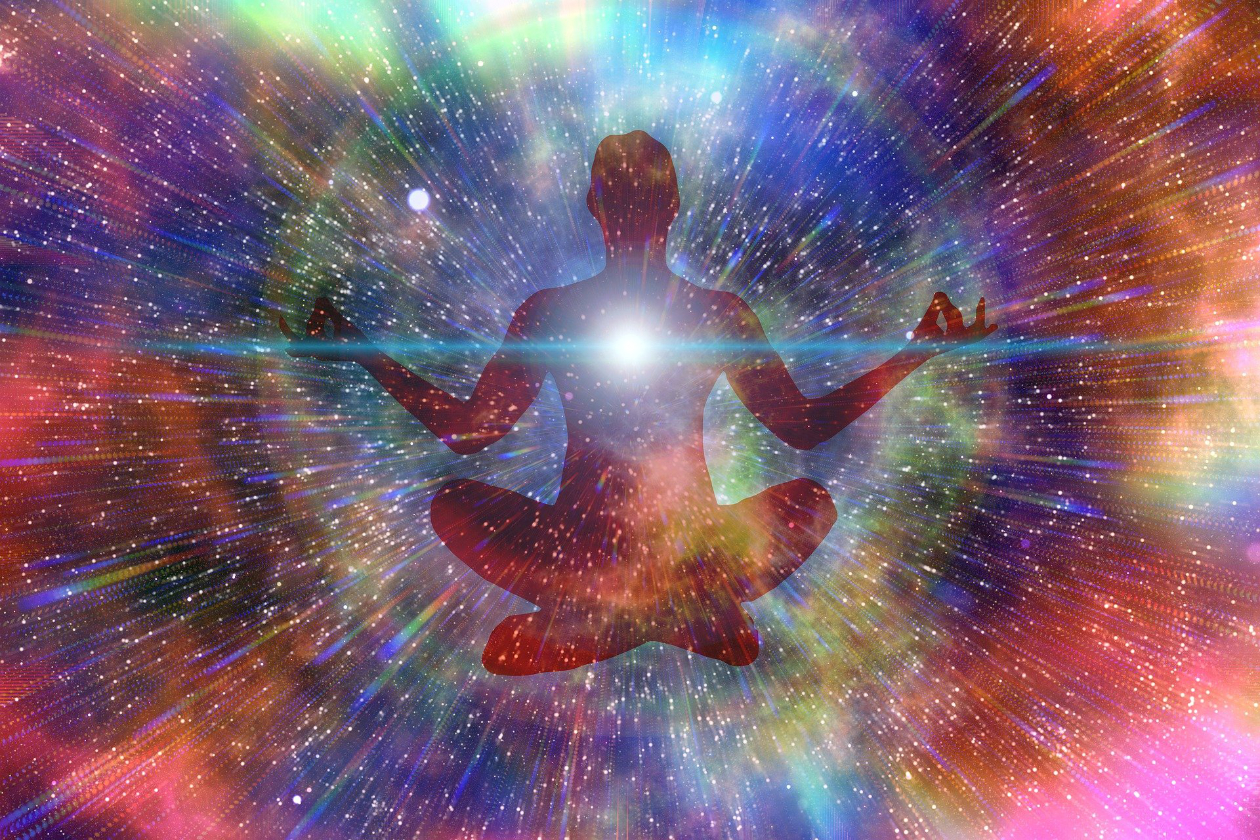






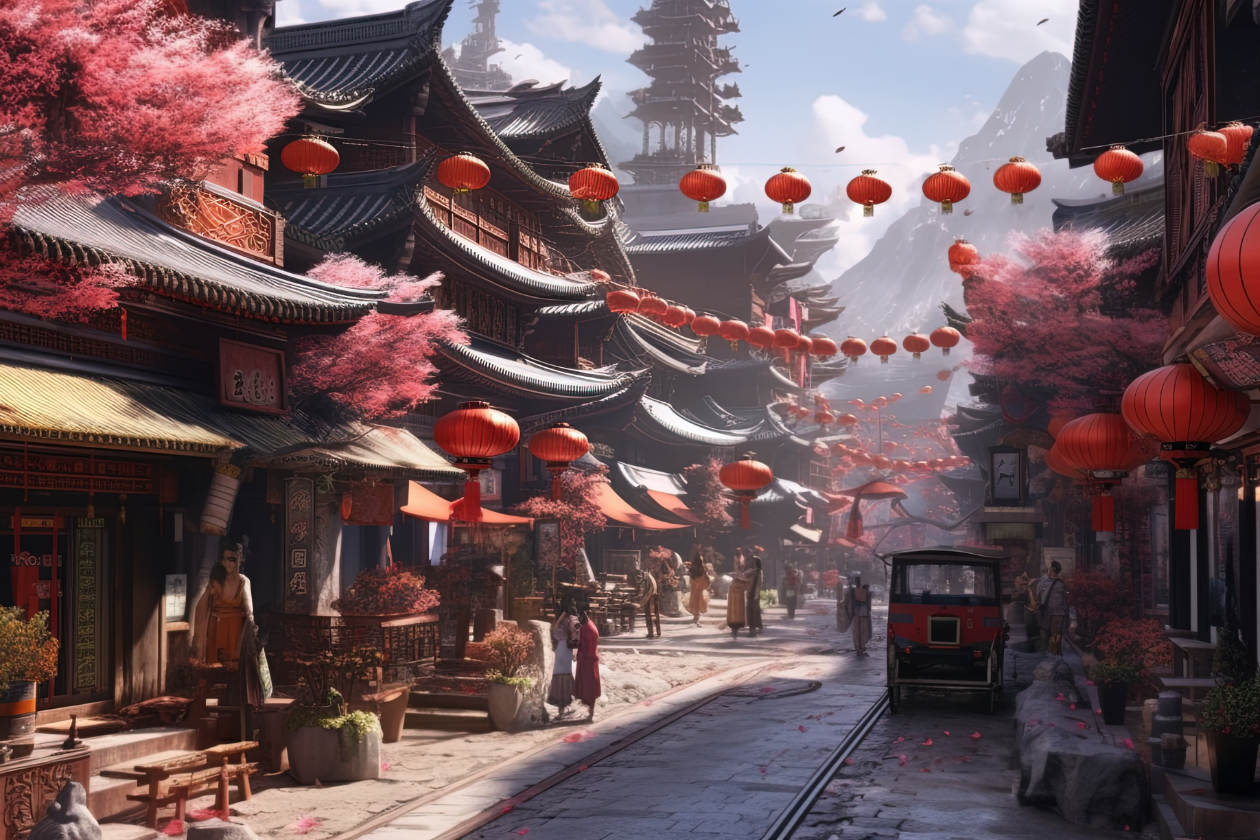


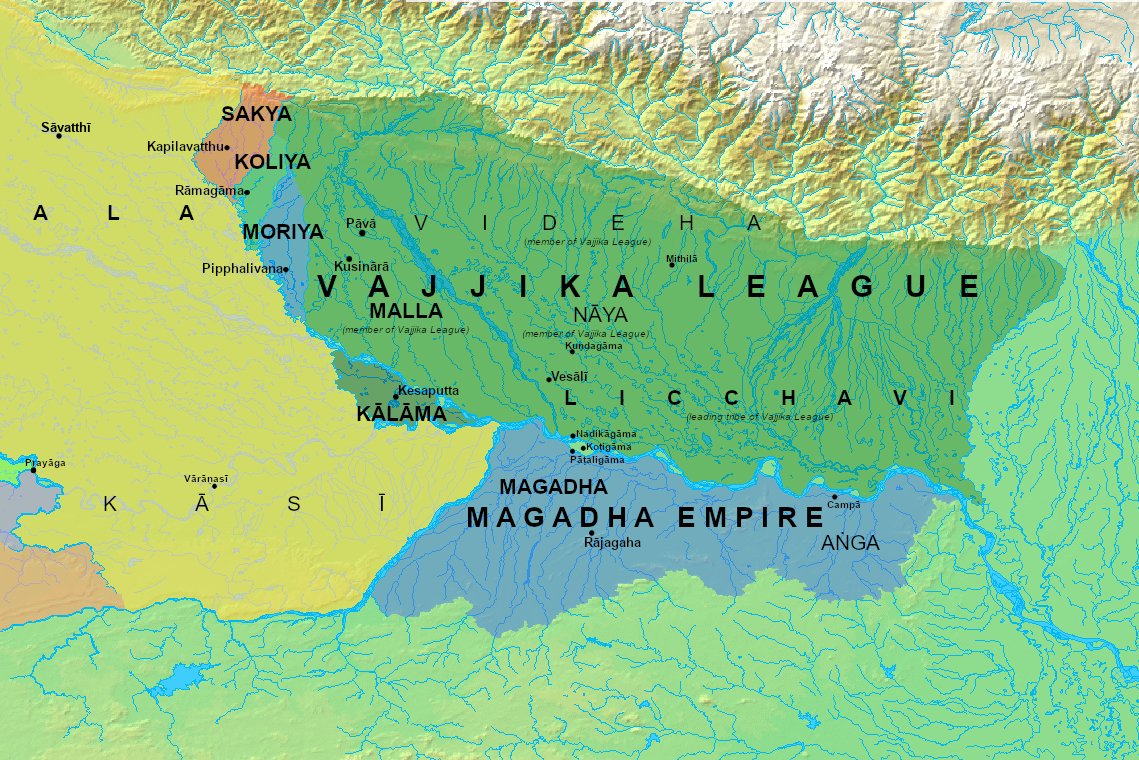
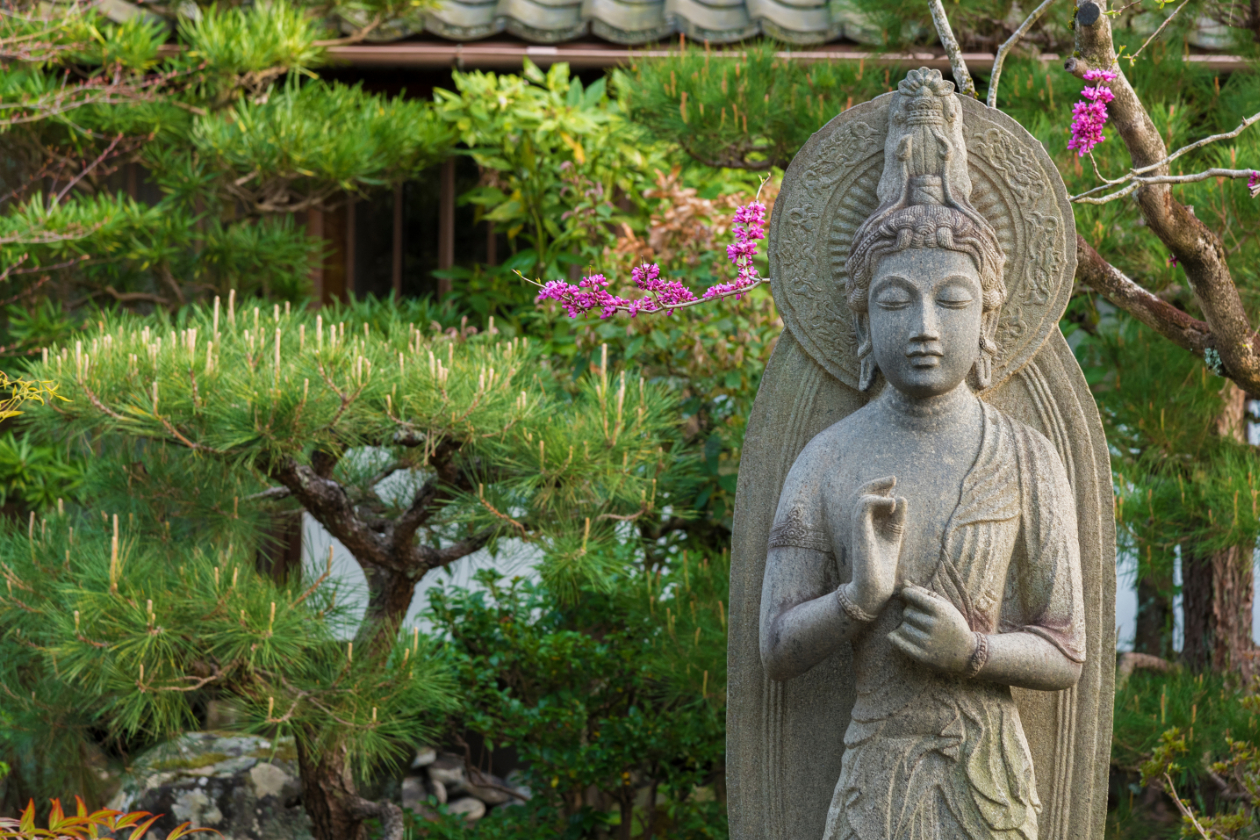







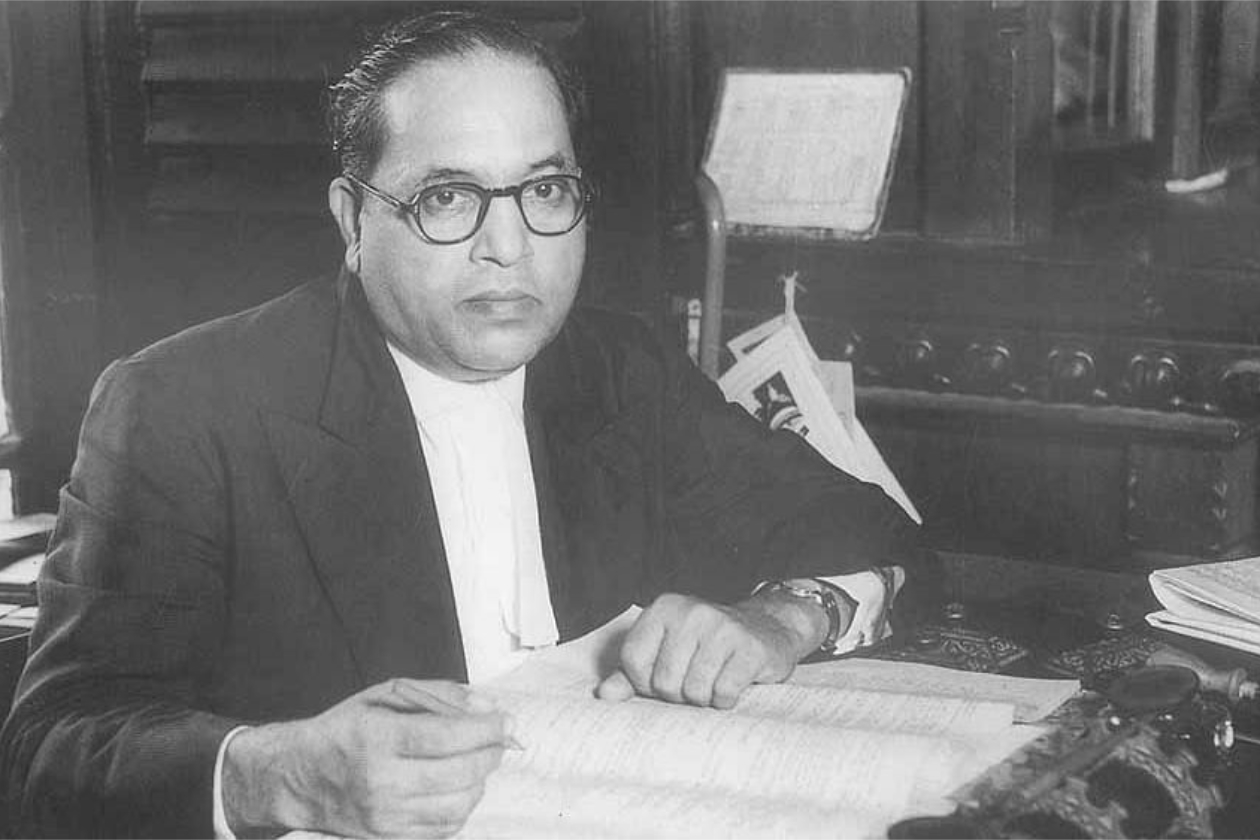
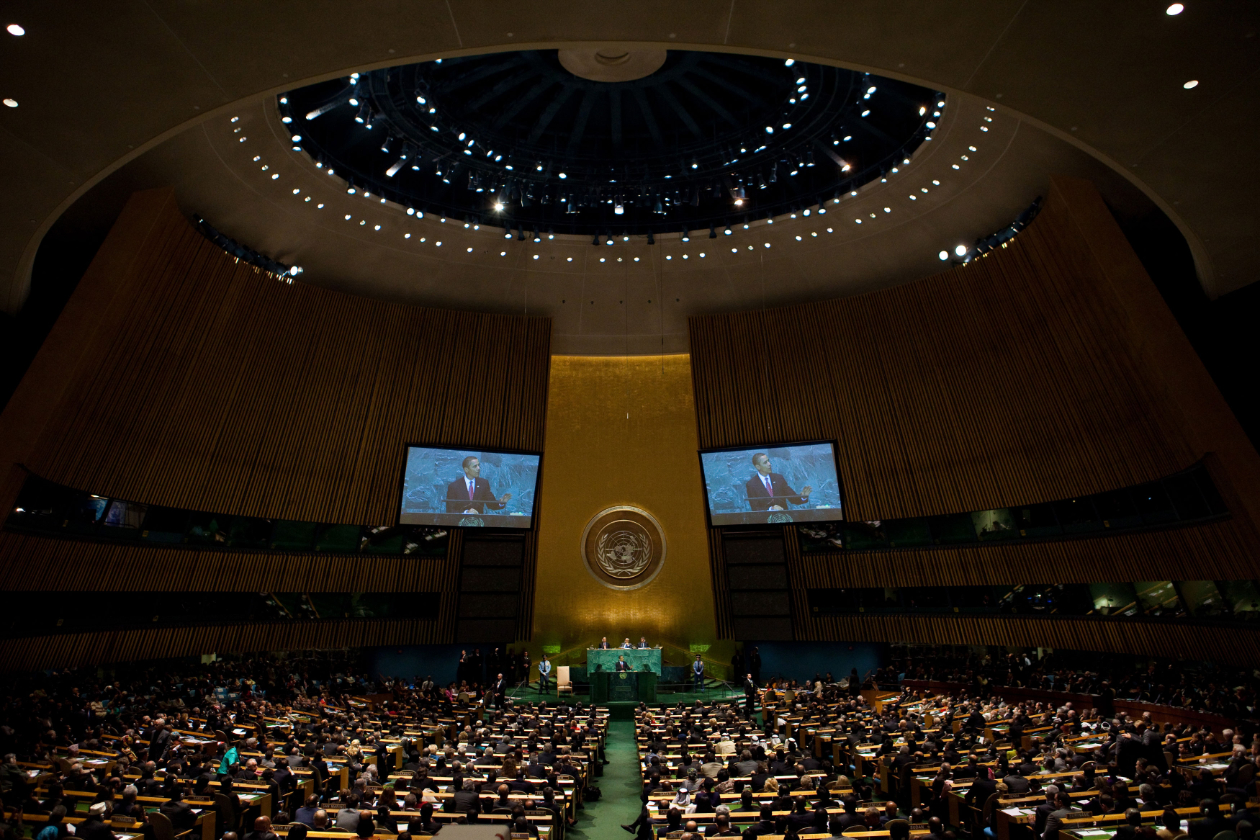








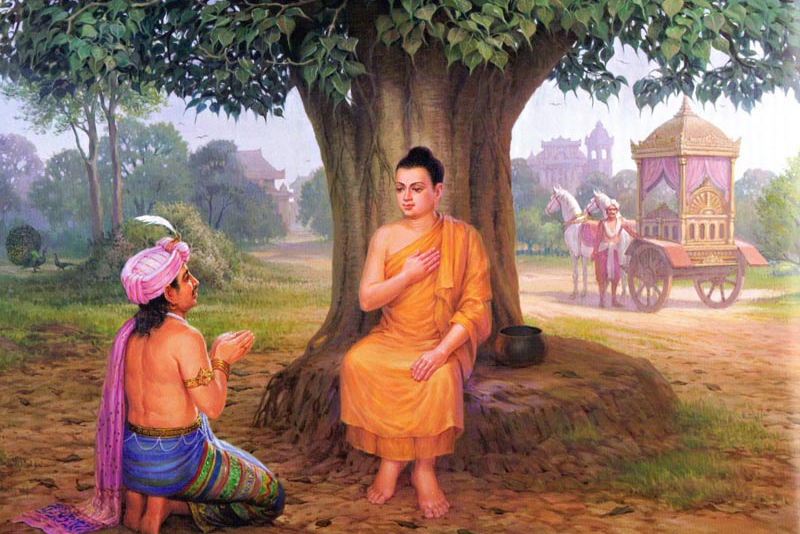

![Subhamati[1]](https://apramada.org/wp-content/uploads/2022/04/Subhamati1-150x150.jpg)


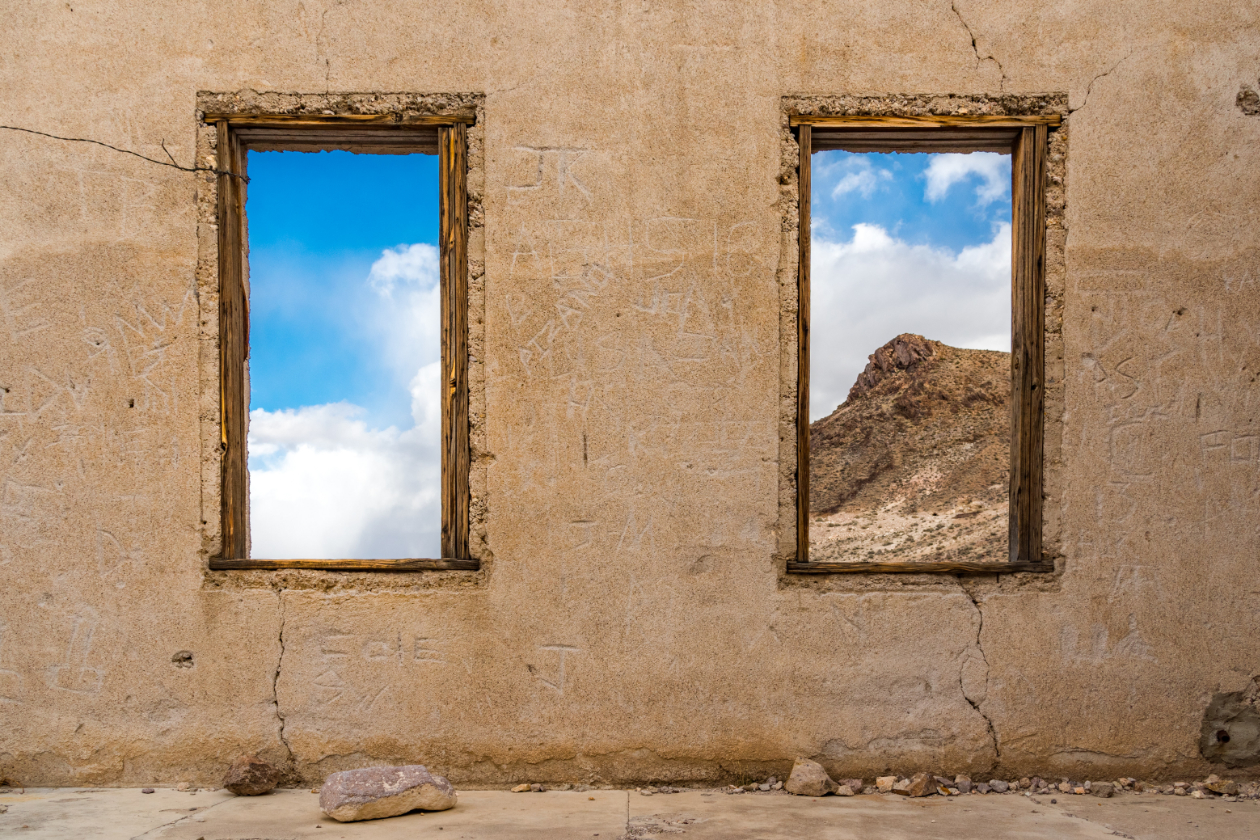






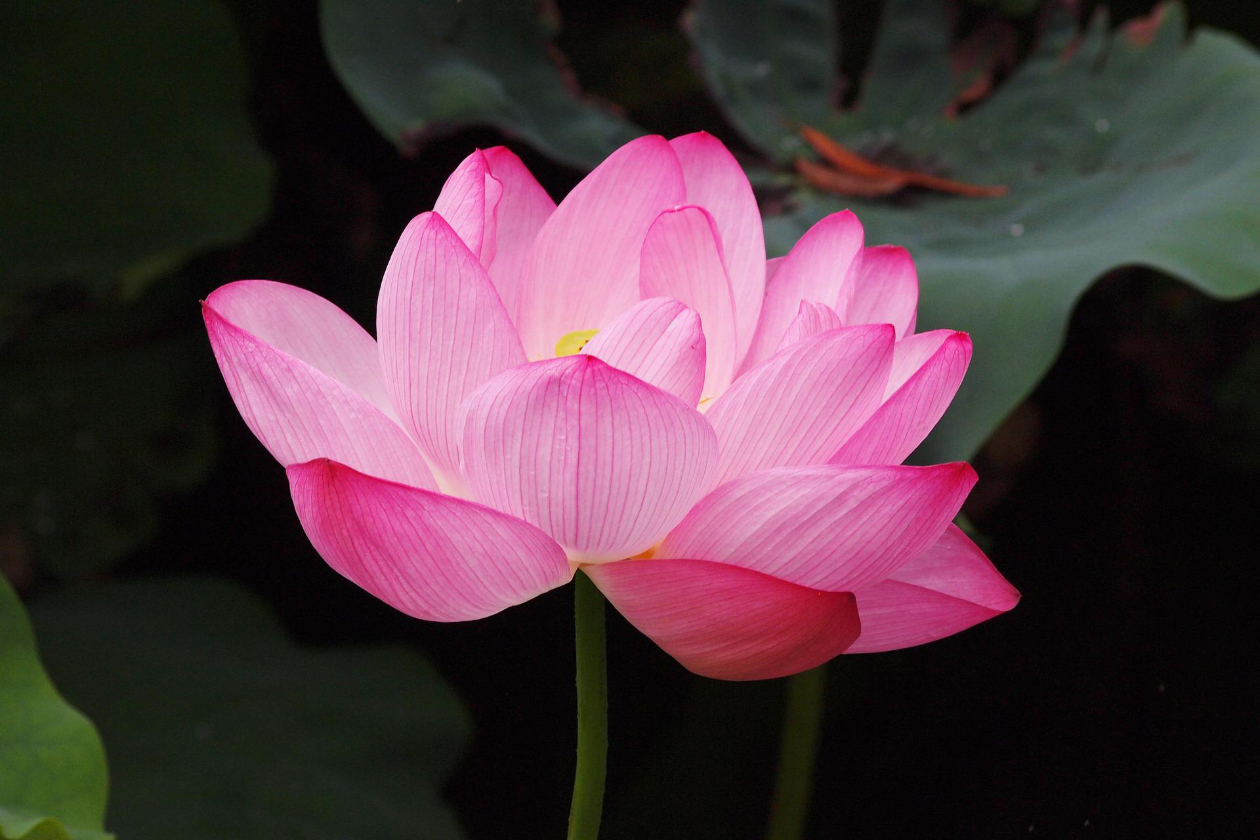



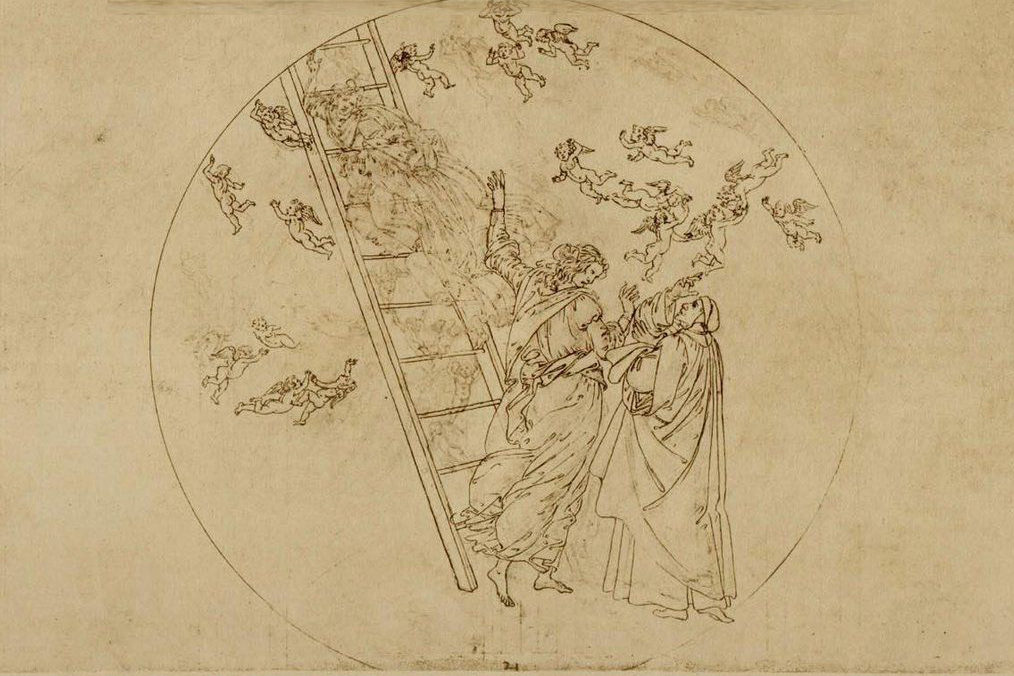

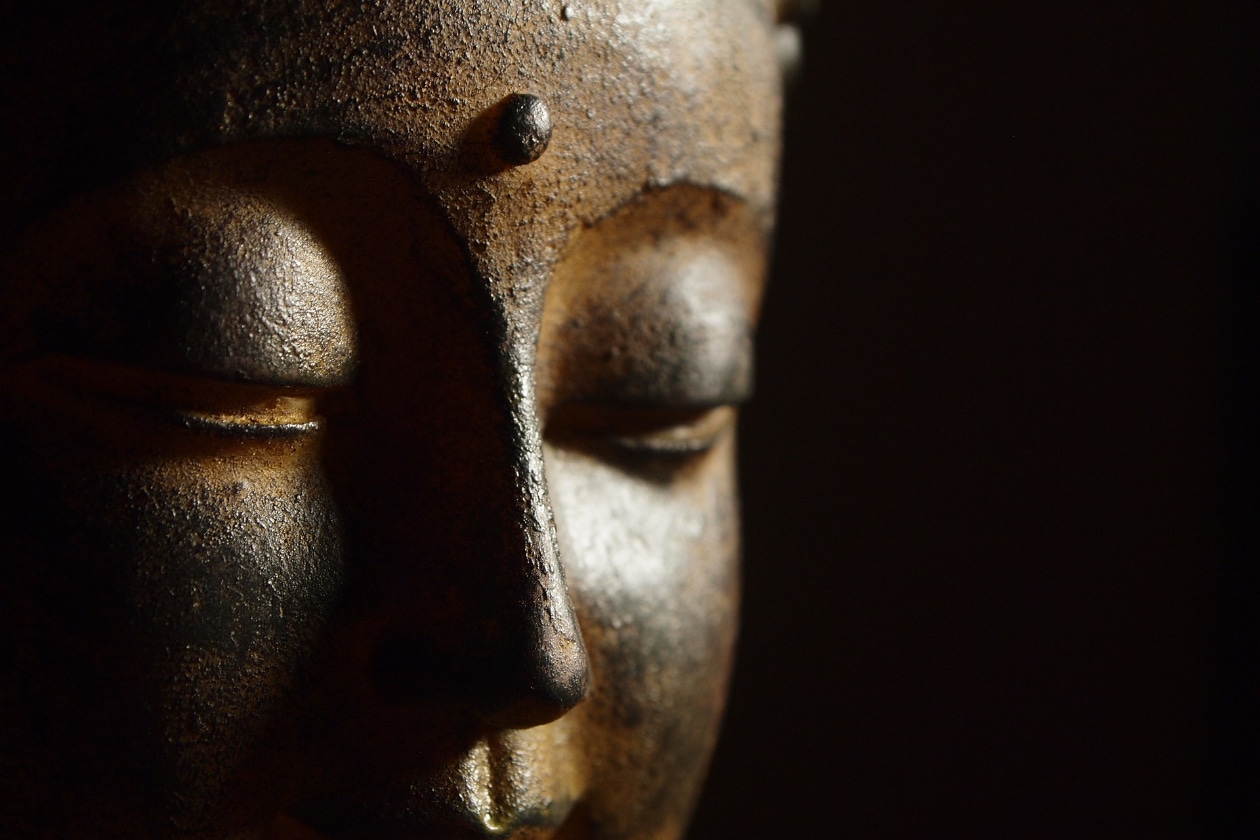


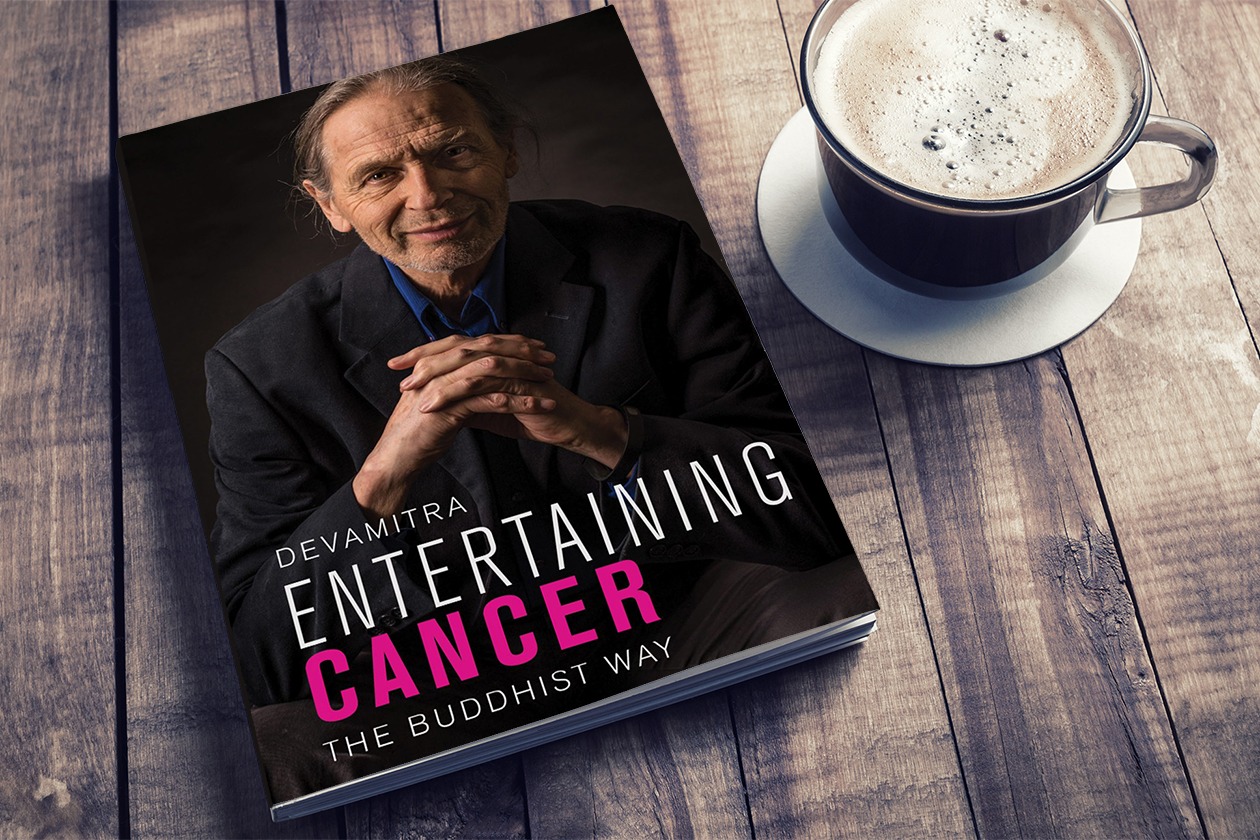


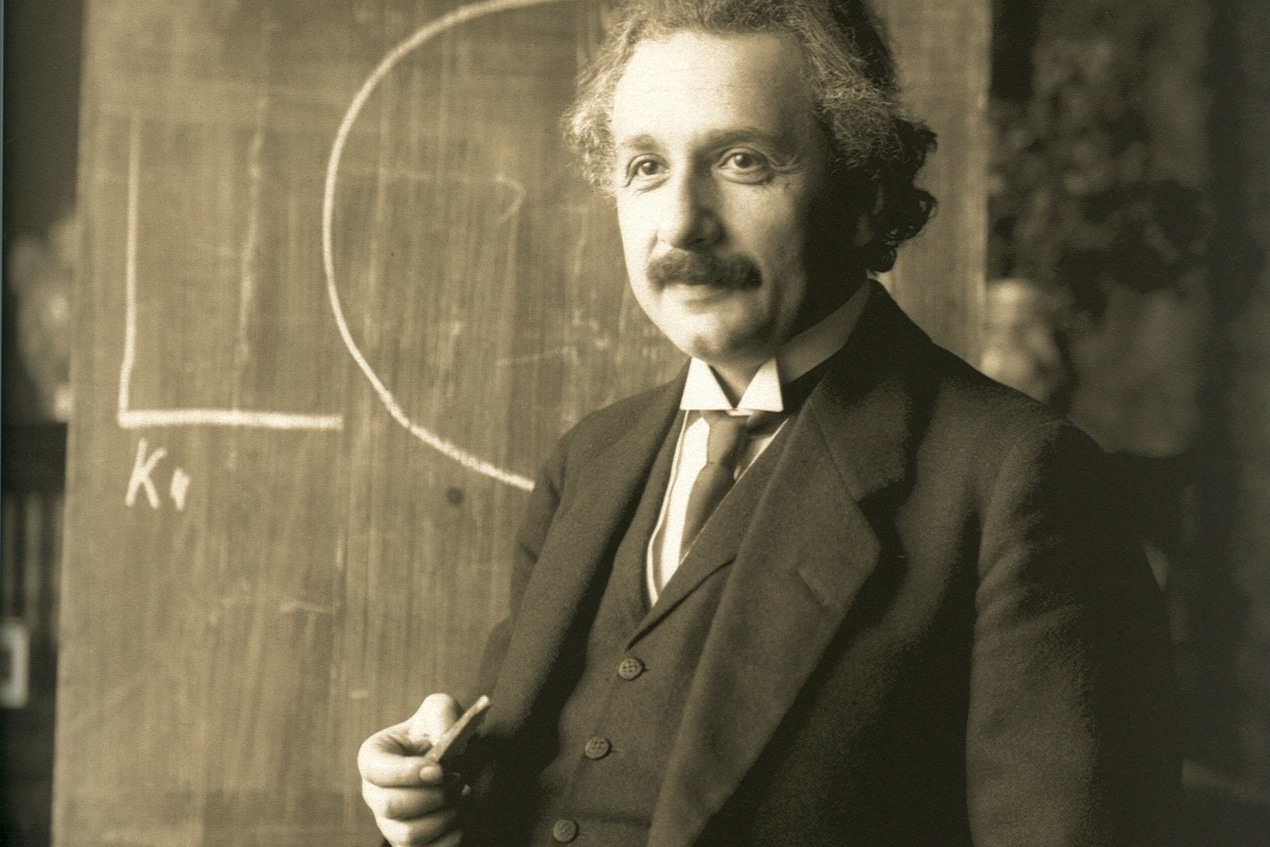
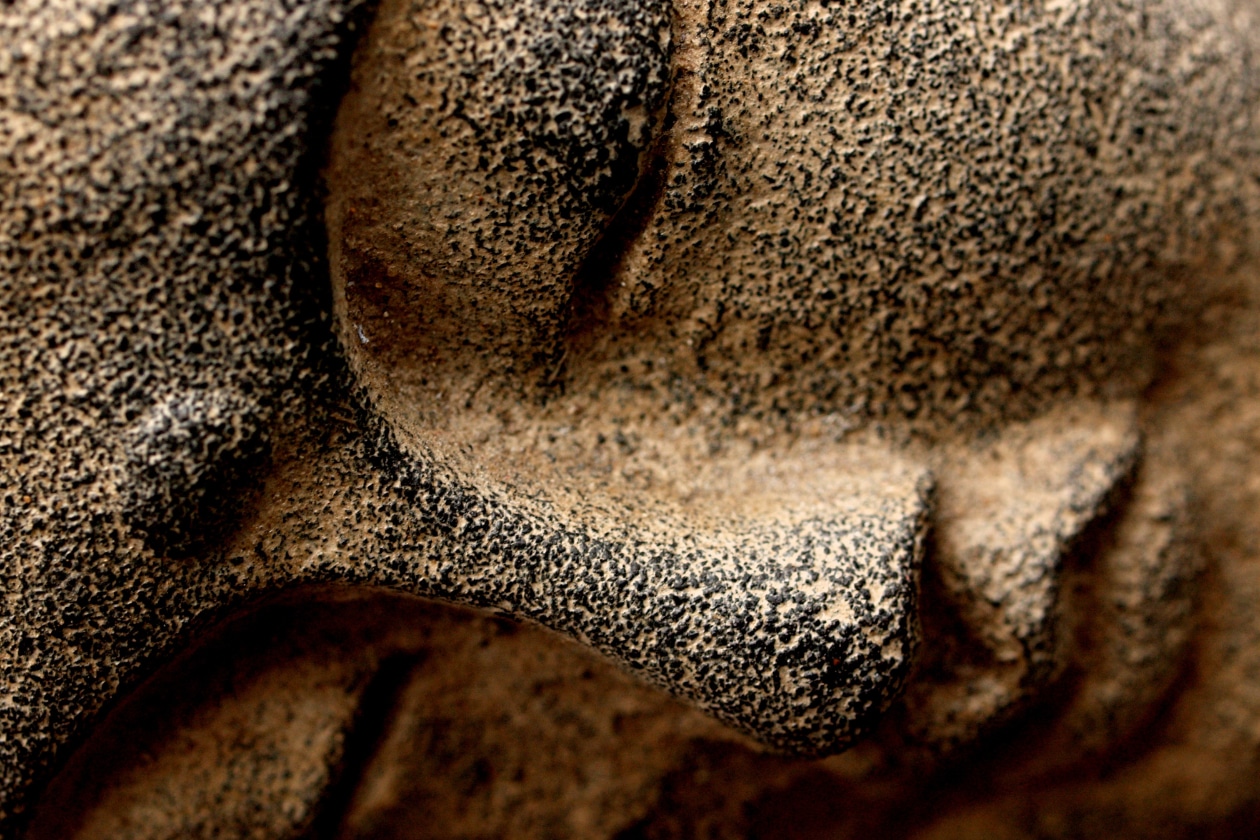
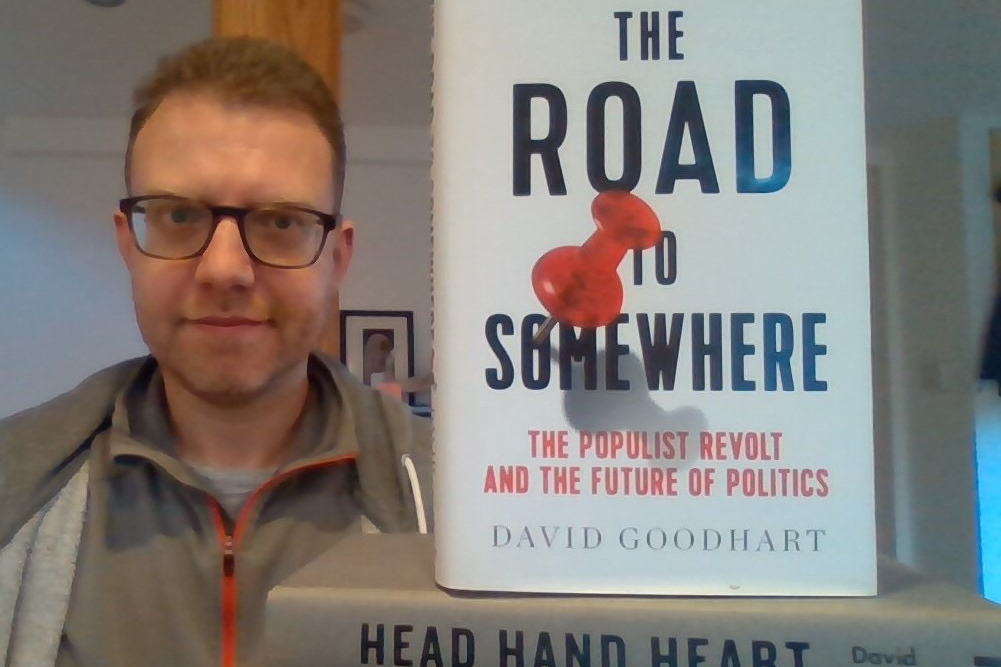

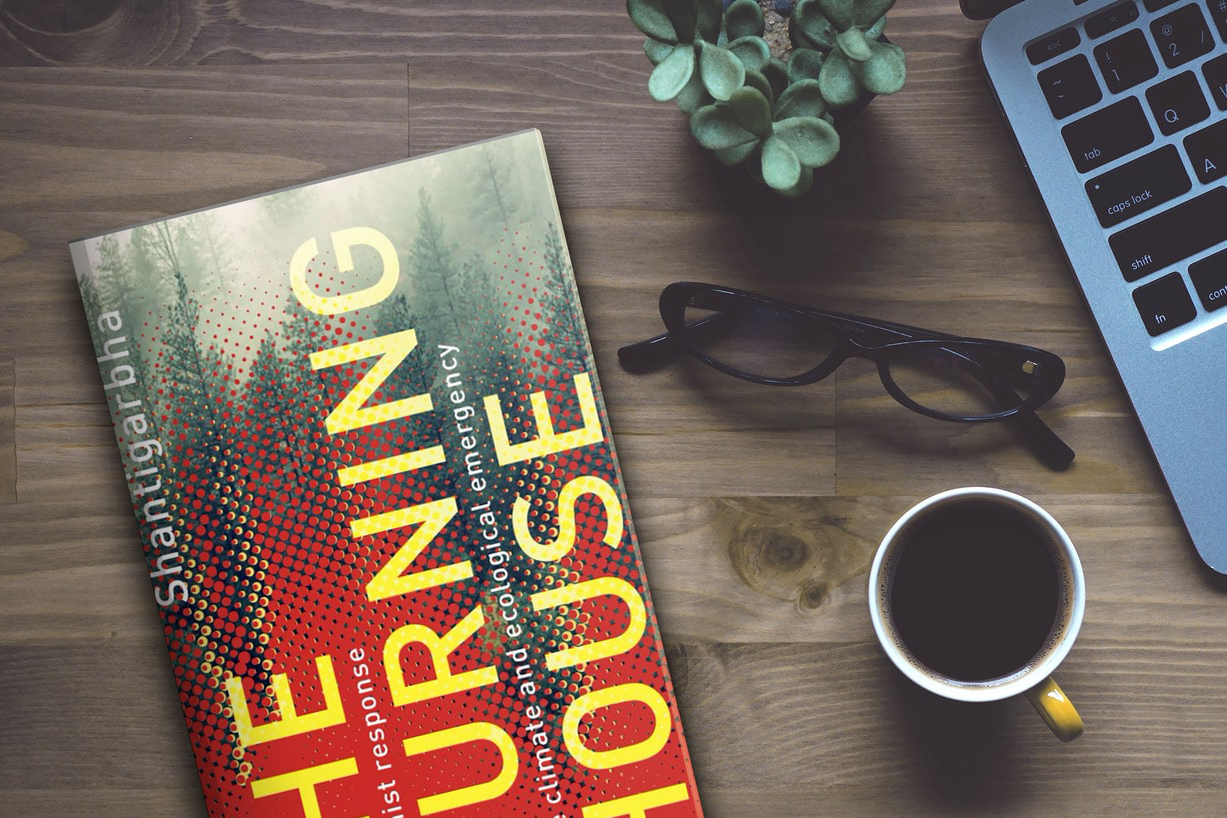


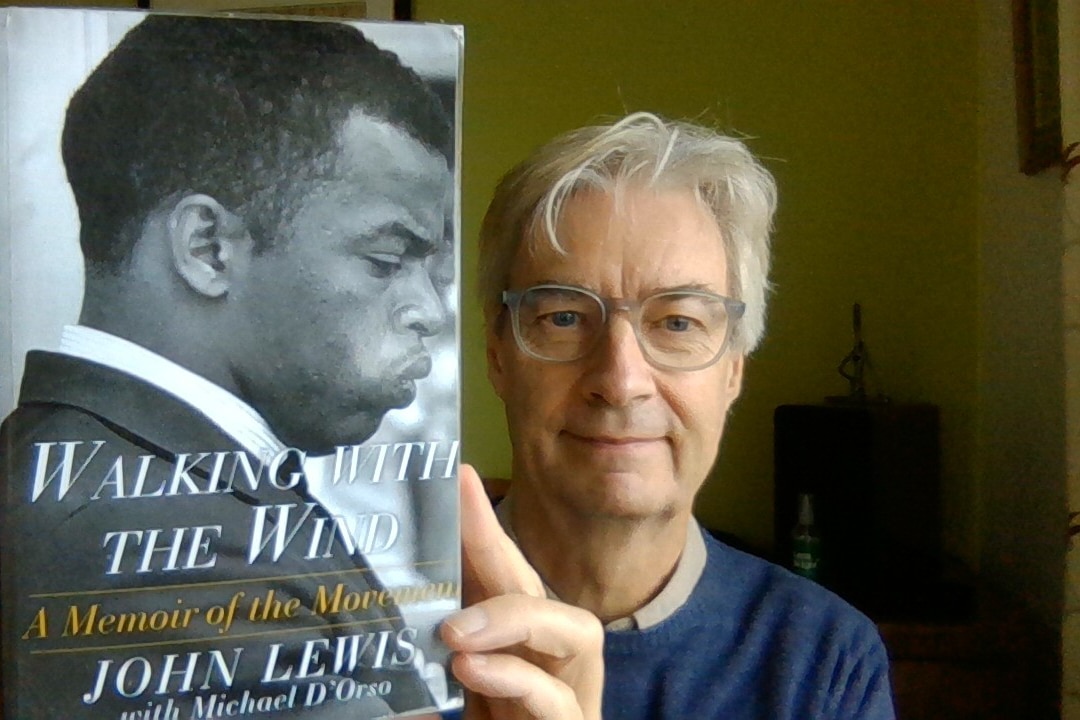



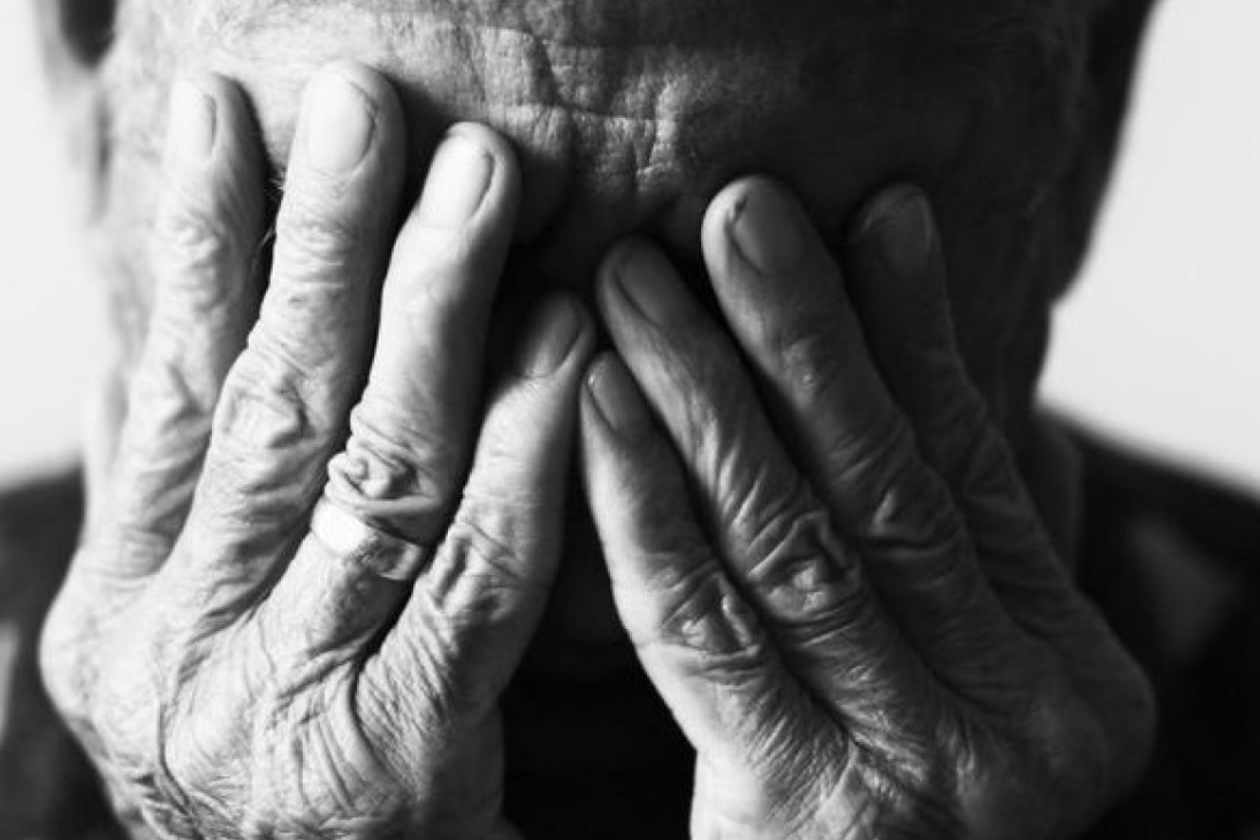
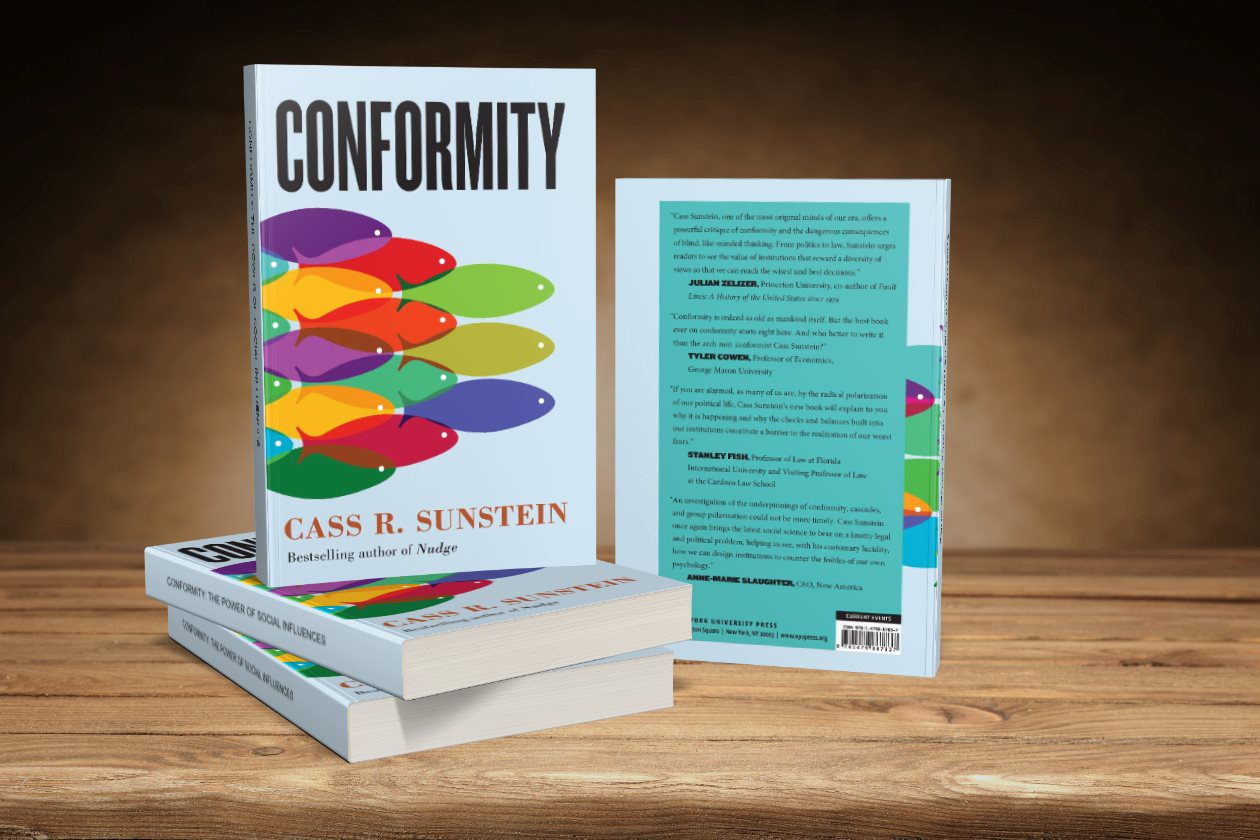

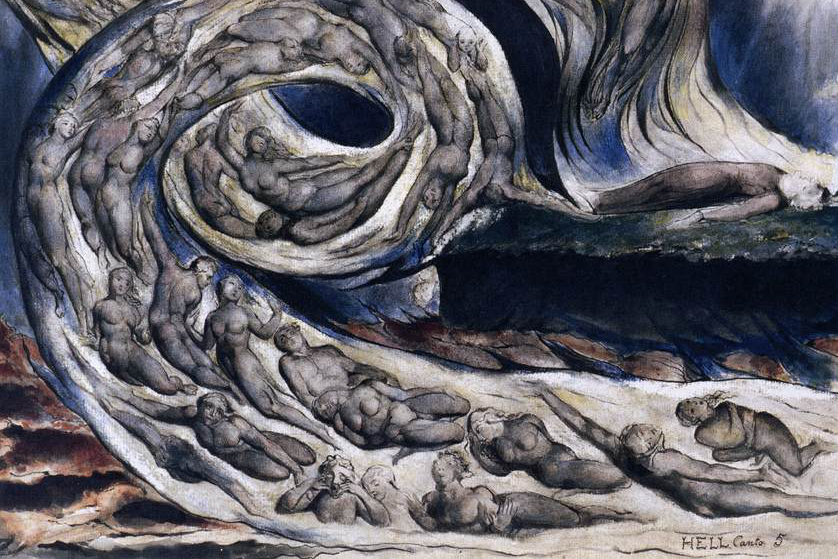
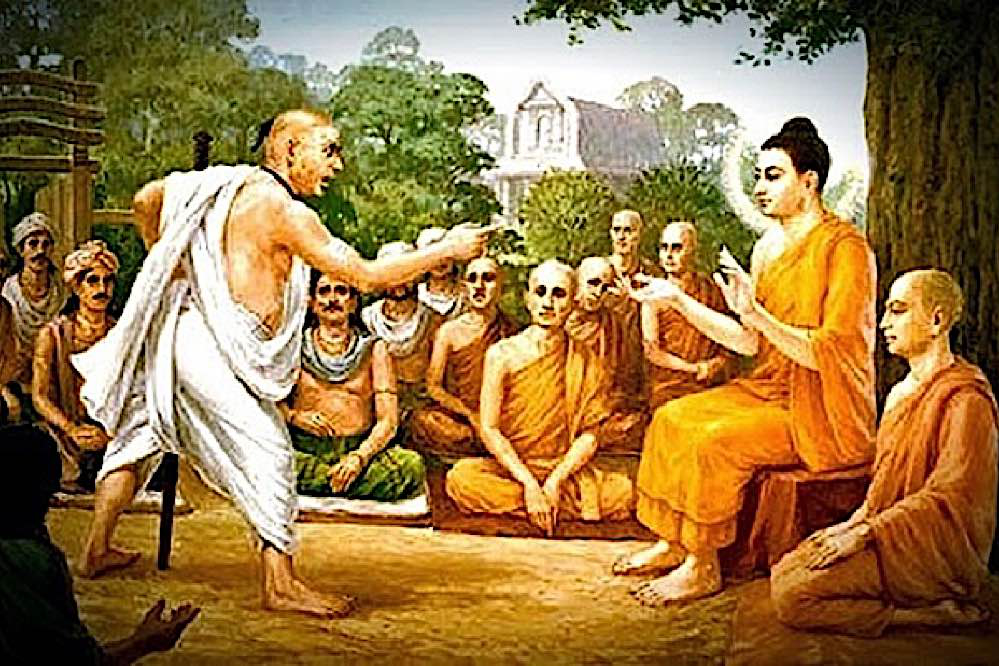



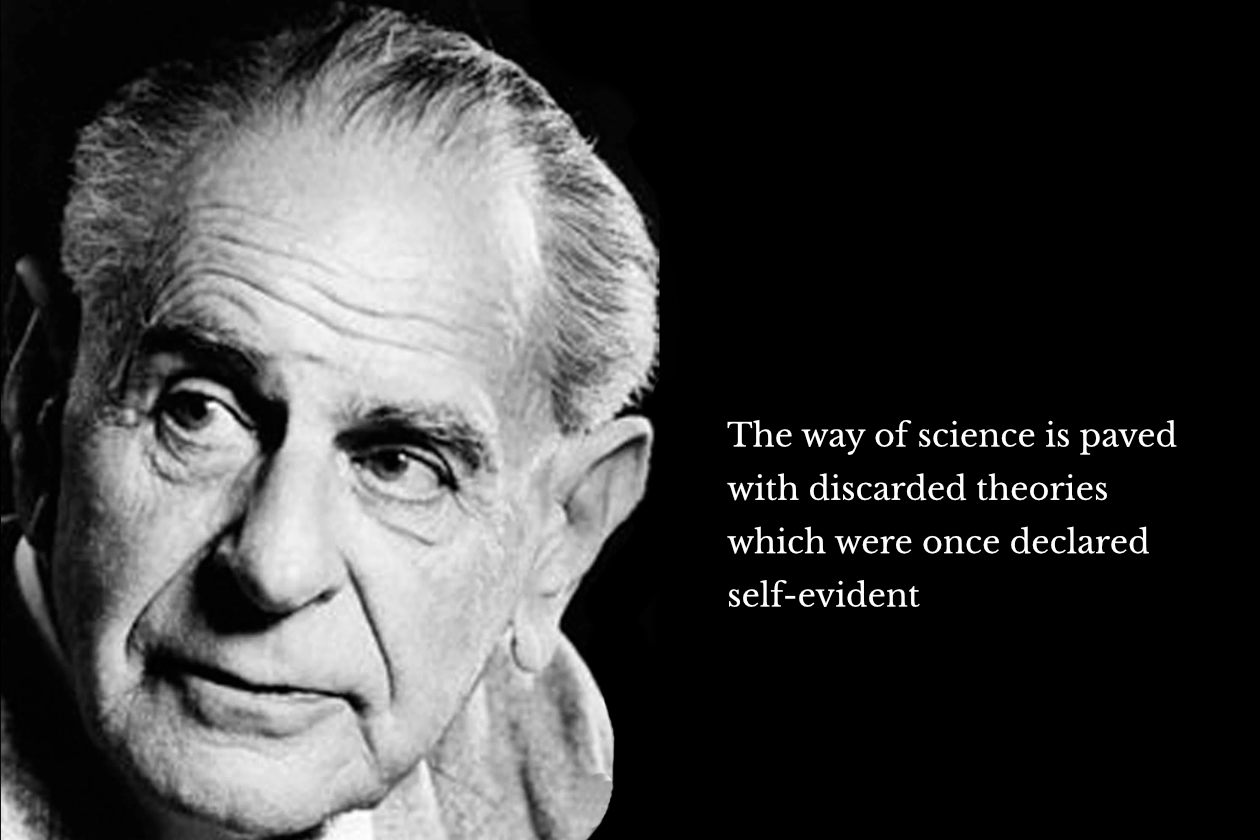

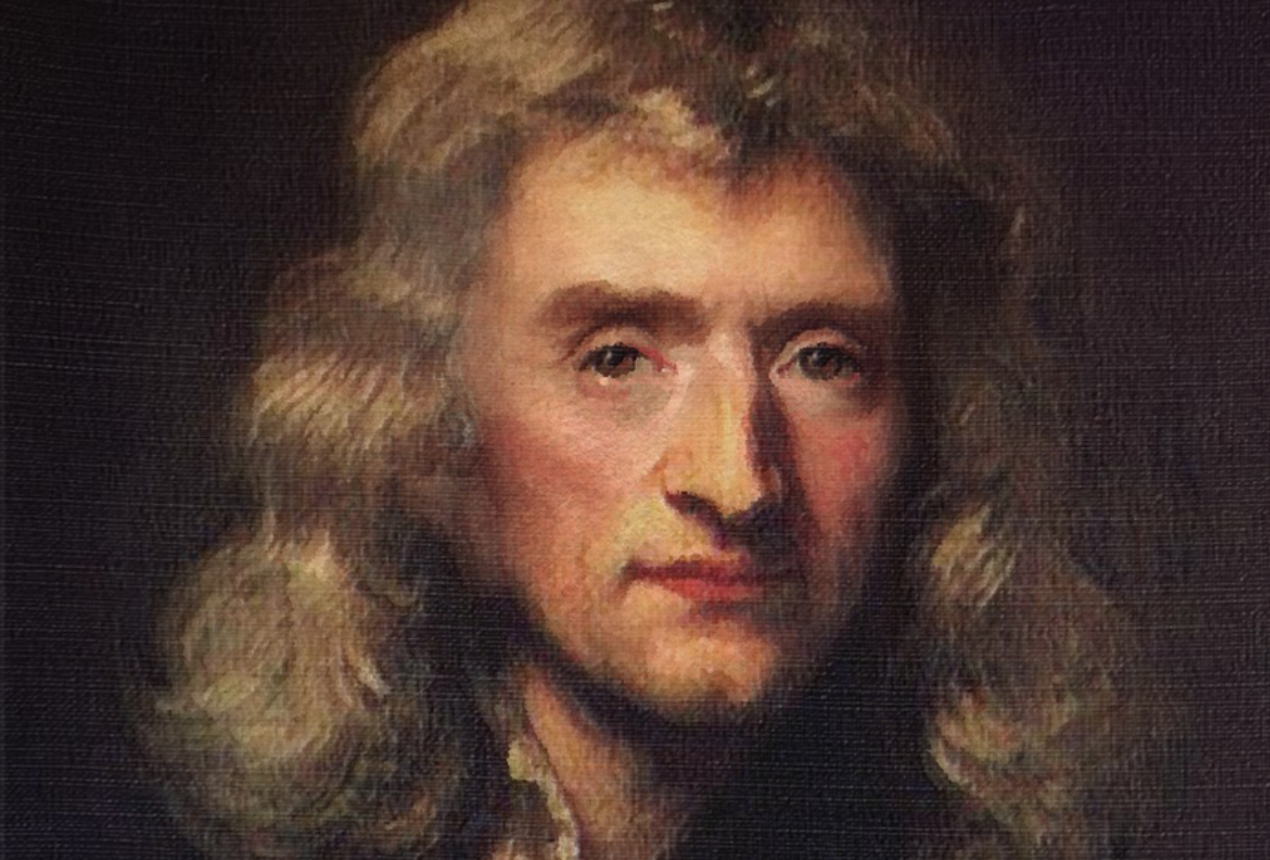

![Brexit[1]](https://apramada.org/wp-content/uploads/2021/05/Brexit1.jpg)
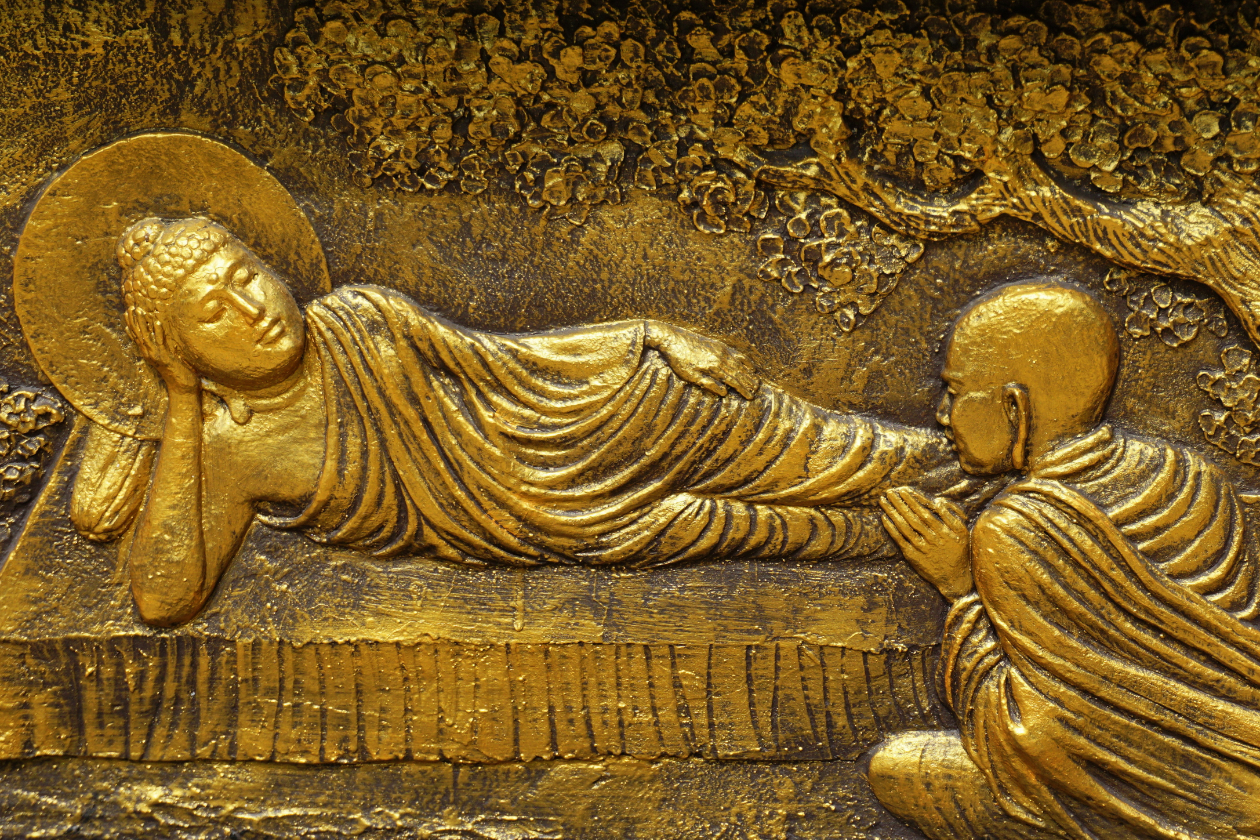
![leave-your-views[1]](https://apramada.org/wp-content/uploads/2021/05/leave-your-views1.jpg)